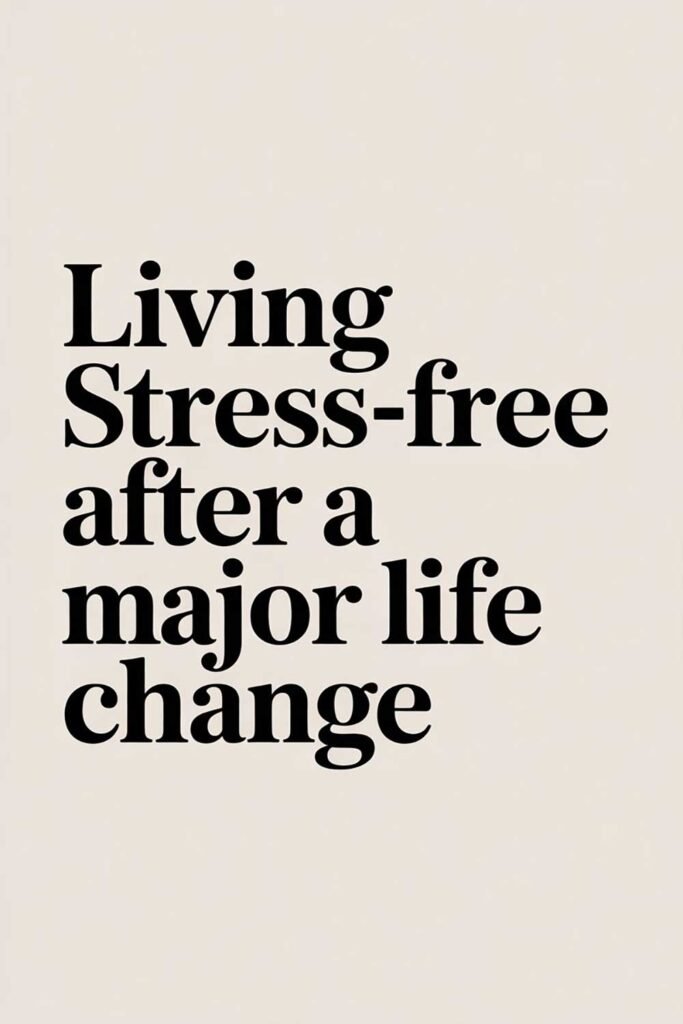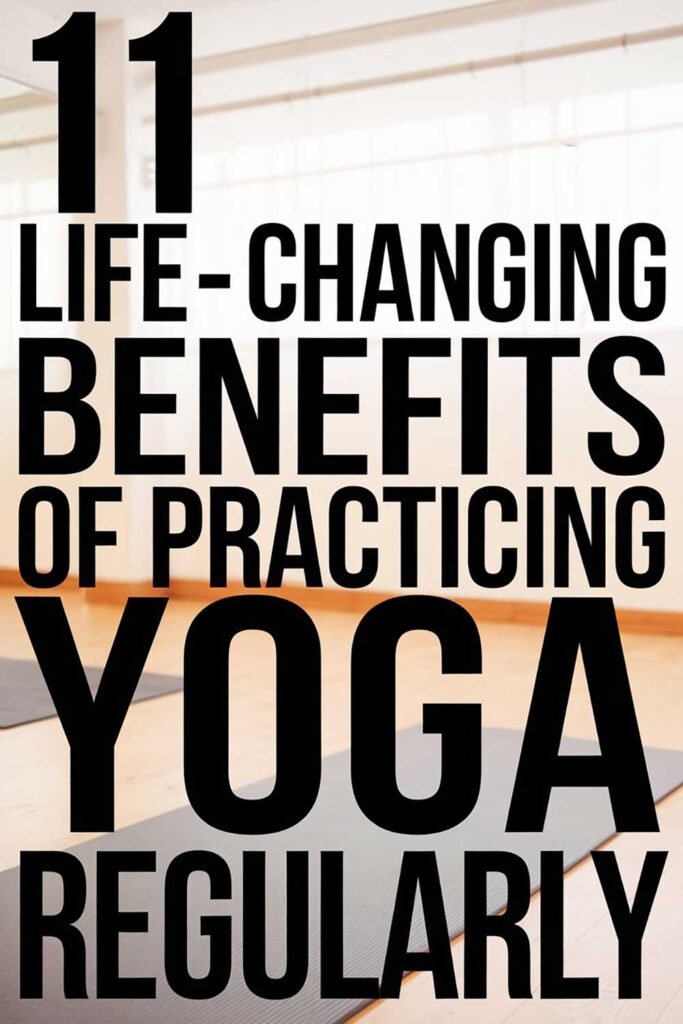8 Reasons Why Eating Slowly Can Improve Your Health
In today’s fast-paced world, many people eat their meals in a hurry, often while multitasking or on the go. However, slowing down and savoring your food can have significant health benefits, both physically and mentally. Here are eight powerful reasons why eating slowly can improve your overall well-being.

1. Aids in Digestion
Digestion begins in the mouth. When you chew your food thoroughly, your body produces more saliva, which contains enzymes that help break down food before it reaches the stomach. Eating too quickly can lead to indigestion, bloating, and discomfort because large food particles are harder for the stomach to process.
How to Apply It:
- Chew each bite at least 20-30 times before swallowing.
- Put down your fork between bites to avoid rushing.
- Focus on the texture and taste of each bite.
2. Helps Control Portion Sizes
It takes about 20 minutes for your brain to register that you’re full. If you eat too fast, you may consume excess calories before realizing you’ve had enough. Slowing down allows your body’s natural hunger and fullness cues to work properly, preventing overeating.
How to Apply It:
- Start with smaller portions and eat them mindfully.
- Take breaks between bites to check in with your hunger levels.
- Use a smaller plate to encourage slower eating.
3. Promotes Weight Management
Several studies have shown that people who eat slowly tend to consume fewer calories and have a lower risk of obesity. By chewing your food more thoroughly and listening to your body’s hunger cues, you naturally eat less without feeling deprived.
How to Apply It:
- Avoid distractions such as TV or scrolling on your phone while eating.
- Take at least 20-30 minutes to finish a meal.
- Drink a glass of water before and during your meal to slow down your eating pace.
4. Enhances Nutrient Absorption
Proper chewing and slower eating help break down food more efficiently, allowing your body to absorb vitamins and minerals more effectively. When food is rushed through the digestive tract, essential nutrients may not be fully absorbed, leading to deficiencies over time.
How to Apply It:
- Choose whole, nutrient-dense foods that require more chewing.
- Be mindful of the flavors and textures of your meals to encourage thorough chewing.
- Avoid gulping down liquids with meals to let digestive enzymes do their job.
5. Improves Gut Health
Eating too quickly can lead to digestive issues such as bloating, acid reflux, and gas. By slowing down, you give your stomach and intestines the time they need to properly process and digest food, which can lead to better gut health and reduced discomfort.
How to Apply It:
- Sit down at a table for meals instead of eating on the go.
- Take deep breaths before eating to activate the parasympathetic (rest-and-digest) nervous system.
- Eat in a calm environment to support digestion.
6. Reduces Stress and Increases Enjoyment
Rushed eating is often linked to stress and anxiety. When you slow down and focus on your meal, you engage your senses and enjoy the flavors, textures, and aromas. This mindful approach to eating can also help reduce emotional eating and stress-related cravings.
How to Apply It:
- Take a few deep breaths before starting your meal.
- Practice gratitude for your food and where it came from.
- Set your utensils down between bites to fully appreciate each mouthful.
7. Lowers Risk of Metabolic Disorders
Eating too quickly has been linked to an increased risk of metabolic disorders such as type 2 diabetes, insulin resistance, and high blood pressure. By slowing down, you allow your body to regulate blood sugar levels more efficiently, reducing your risk of these conditions.
How to Apply It:
- Choose high-fiber foods that take longer to chew, such as vegetables and whole grains.
- Eat in a relaxed state rather than when feeling rushed or stressed.
- Keep a regular eating schedule to maintain stable blood sugar levels.
8. Strengthens the Connection Between Mind and Body
Mindful eating encourages a stronger awareness of your body’s hunger and fullness signals. When you eat too quickly, you may miss these cues and eat more than your body needs. Slowing down enhances your connection with your body’s natural rhythms, helping you make healthier choices.
How to Apply It:
- Before eating, ask yourself if you are truly hungry or just eating out of habit.
- Pay attention to the textures, flavors, and sensations of each bite.
- Stop eating when you feel satisfied rather than overly full.
Inspirational Quotes About Mindful Eating
- “Mindful eating is about awareness. When you eat mindfully, you slow down, pay attention to the food you’re eating, and savor every bite.” – Thich Nhat Hanh
- “Eat with intention, chew with appreciation.” – Unknown
- “Health is not about the weight you lose, but about the life you gain.” – Unknown
- “The best diet is the one you don’t know you’re on.” – Brian Wansink
- “Every time you eat is an opportunity to nourish your body.” – Unknown
- “Slow down and enjoy your food. It’s one of life’s greatest pleasures.” – Unknown
- “Eating is not just about feeding your body, it’s about feeding your soul.” – Unknown
- “Food should be enjoyed, not rushed.” – Unknown
- “The act of eating is a celebration. Honor it by being fully present.” – Unknown
- “When you eat mindfully, you nourish not just your body, but your whole self.” – Unknown
Picture This
Imagine sitting down for a meal, feeling completely present in the moment. You take small bites, savoring the flavors, and chewing thoroughly. Your stomach feels comfortable, and you notice that you’re full before you overeat. You finish your meal feeling satisfied, energized, and in control. Over time, your digestion improves, your weight stabilizes, and your body thanks you for the mindful approach to eating. How would your relationship with food change if you simply slowed down?
Please Share This Article
If you found this article helpful, please share it with anyone who could benefit from learning the powerful effects of eating slowly!
Disclaimer
Results may vary. Always consult with a doctor before making any health-related changes. The information in this article is for informational purposes only, and we disclaim any responsibility for its use.






